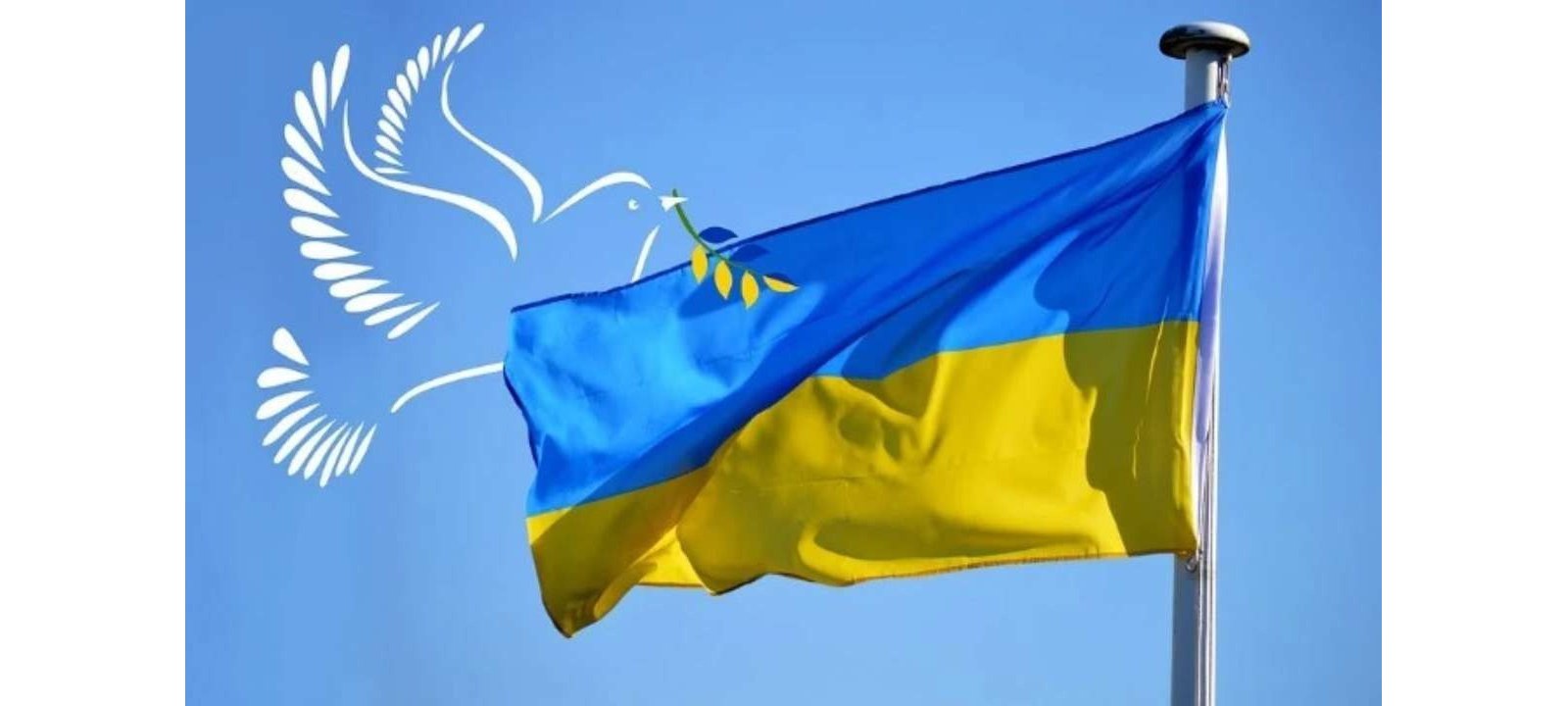Halyna Bevzo, Ph.D., Head of the Department of General Studies:
Ten years ago, in February 2014, Russia initiated a war against Ukraine, resulting in the occupation of Crimea, Sevastopol, Donetsk, and Luhansk. Until February 24, 2022, the major events of this war took place primarily in eastern Ukraine, but the impact of Russian aggression was felt across the entire country.
The full-scale invasion of Ukraine on February 24, 2022, was an attempt by the Kremlin to destroy Ukraine’s statehood and national identity through military means. This attack not only violated the post-World War II international order but also destabilized Europe and global security.
Russia’s aggression against Ukraine marked the first continental war in Europe in the 21st century, undermining the collective security system established after World War II. This aggression represented a dangerous shift towards totalitarianism and a forceful revision of borders, under the guise of a pseudo-ideology combining elements of fascism, Bolshevism, Nazism, and Eurasianism, all masked by claims of “Orthodoxy” and the “greatness of Russian culture.”
The war began in 2014 with armed crossings of the Ukrainian border by Russian forces through the Kerch Strait. The invasion was preceded by years of Russian information and economic aggression, as well as the infiltration of Ukrainian government echelons and the establishment of agent networks, particularly in Crimea.
Despite initial territorial gains by Russia, Ukrainian forces, supported by volunteers, managed to halt the advance and even liberate some territories. However, the war escalated dramatically with the full-scale invasion in 2022, revealing the true nature of the Putin regime, which had previously pretended to be a mediator in the war.
The Russian aggression aimed not only at territorial expansion but also at the destruction of Ukrainian statehood, national identity, and the genocide of the Ukrainian people. Putin’s vision of “collecting originally Russian lands” led Russia to restore its superpower status and increase military power, viewing former Soviet republics as parts of Russia rather than independent states.
The occupation of Ukrainian territories by Russia has resulted in atrocities reminiscent of Nazism, including mass executions, deportations, abuse of civilians, looting, and destruction of cultural heritage. Russian forces have committed war crimes and atrocities against the Ukrainian population, particularly in cities like Bucha, Izyum, and Mariupol.
Unable to achieve victory on the battlefield, Russia has resorted to barbaric tactics such as indiscriminate shelling of Ukrainian cities and critical infrastructure, primarily targeting civilians. These actions have shocked the world and further underscored the brutal nature of Russia’s war against Ukraine.

